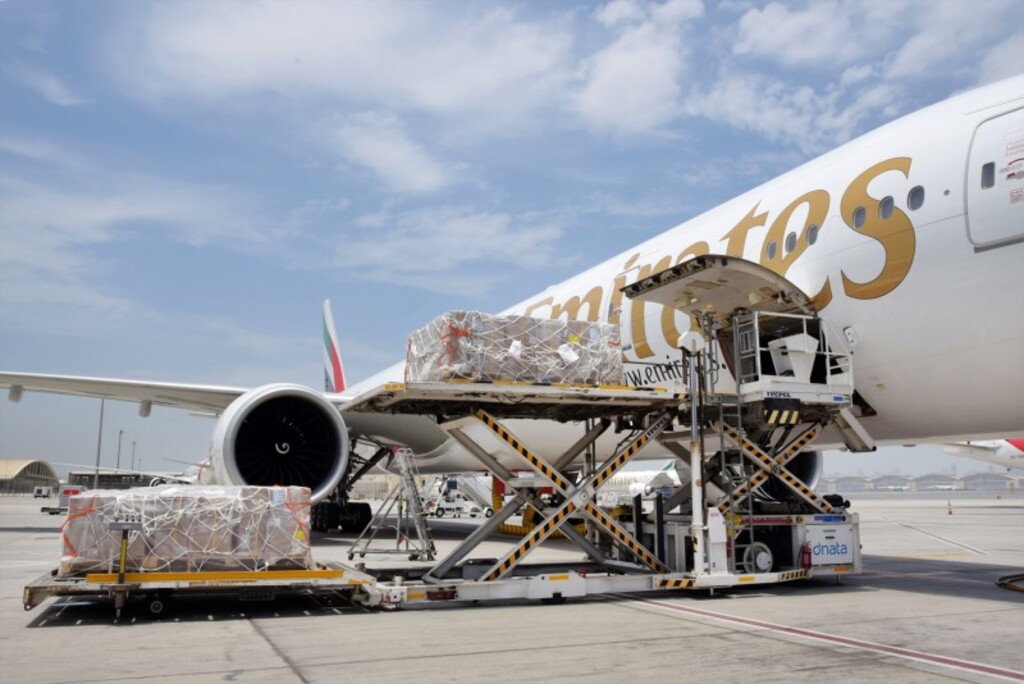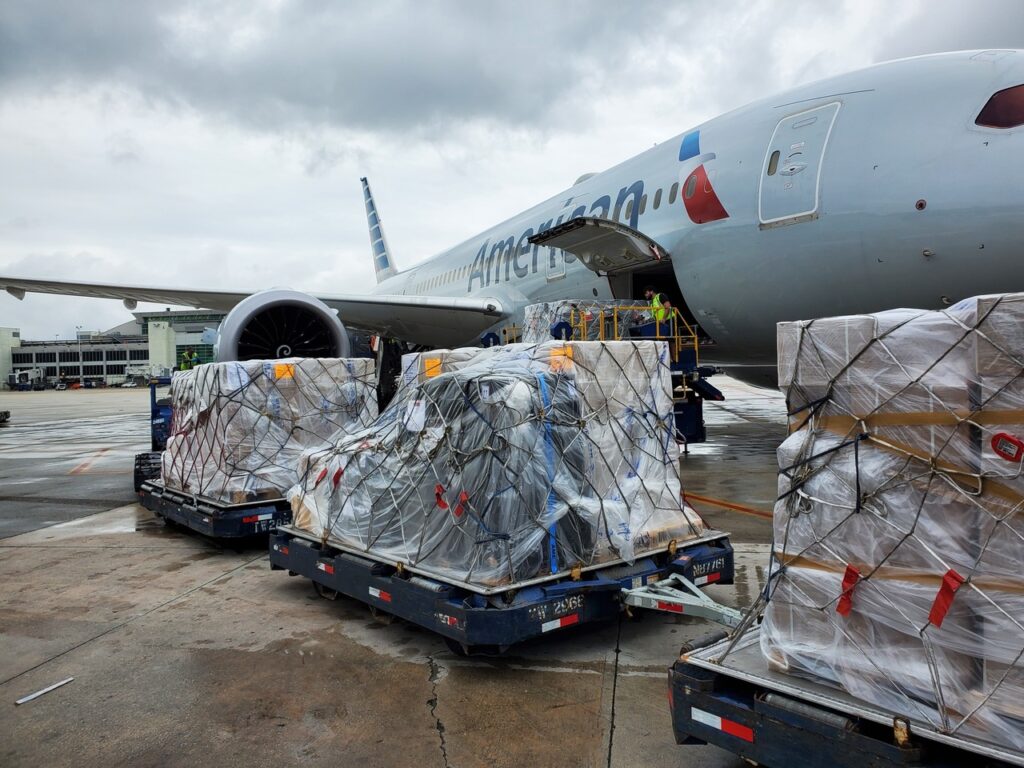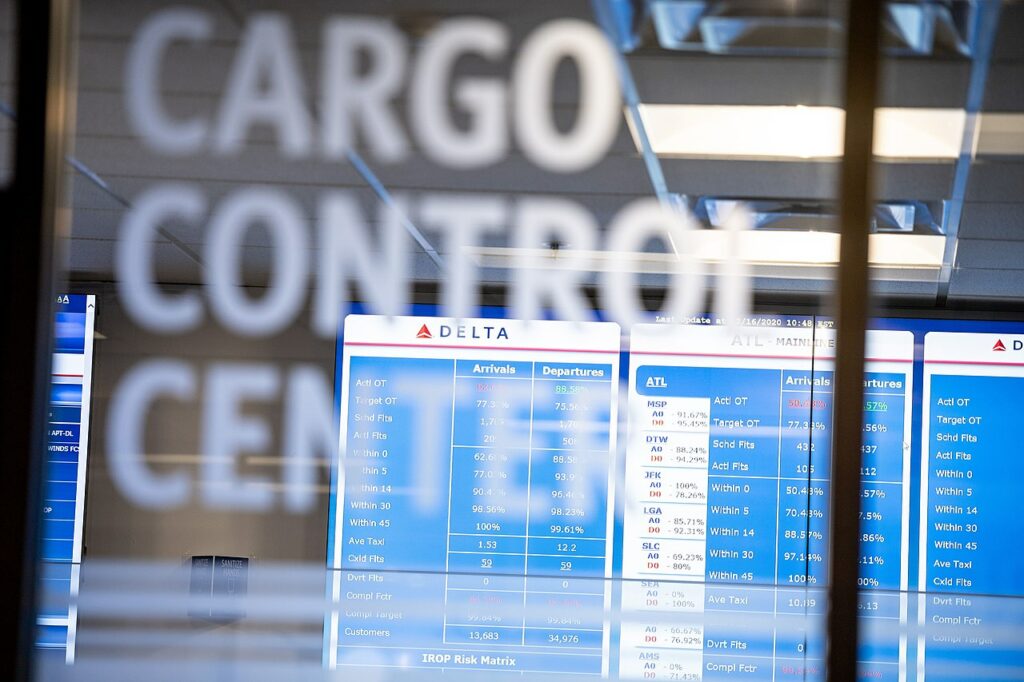The International Air Transport Association (IATA) data released for April 2023 global air cargo markets shows a continued, albeit slower, decline against the previous year’s demand performance.
April performance overview
Global demand, measured in cargo tonne-kilometers (CTKs), fell 6.6% compared to April 2022 (-7.0% for international operations). This decline was an improvement over the previous month’s performance (-7.6%).
Capacity measured in available cargo tonne-kilometers (ACTK), was up 13.4% compared to April 2022. It was also up 3.2% compared to April 2019, marking the first time in three years that the capacity has surpassed pre-COVID levels.
The strong uptick is primarily driven by belly capacity as demand in the passenger business recovers. Adjusting for this, freighter capacity declined 2.3%. Preighter operations ceased in March after 2.5 years of continuous activity.

Influencing factors
The general slowing of global air cargo demand over the past few months has been attributed to a set of prevailing world factors:
The easing of the COVID-19 pandemic. As the pandemic has eased, many businesses have begun to resume their normal operations, which has led to a decrease in the need for air cargo to transport goods.
The war in Ukraine. The war in Ukraine has disrupted global supply chains and has led to an increase in air freight costs. This has made it more expensive to ship goods by air, which has decreased demand.
The rising cost of fuel. The rising cost of fuel has also made it more expensive to ship goods by air, which has decreased demand.
The strengthening of the US dollar. The strengthening of the US dollar has made it more expensive for foreign buyers to purchase goods from the United States, which has decreased demand for air cargo.

Positive indicators
Noting the slower decline of air cargo demand evidenced in April, IATA identify a further set of positive influencing factors in their April data report:
The global new export orders component of the Purchasing Managers’ Index (PMI), a leading indicator of cargo demand, improved in April. China’s PMI level surpassed the critical 50-mark indicating that demand for manufactured goods from the world’s largest export economy is growing.
Global goods trade increased by 0.2% in March, marking the first annual increase since November 2022.
Consumer and producer price increases have moderated. The April headline Consumer Price Index (CPI) recorded rates of 5.0% in the US, 0.3% in China, and 3.5% in Japan. While Europe (excluding the UK) was higher (8.1%), it is well below its 11.5% October 2022 peak.
IATA summary
“The air cargo industry is adjusting itself to the implications of the recovery in passenger demand that brings with it an expansion of belly capacity. Preighter operations stopped in March and freighter services were scaled back by 2.3% in April.”
“The demand environment is challenging to read. Tapering inflation is definitely a positive. But the degree and speed at which that could lead to looser monetary policies that might stimulate demand is unclear.”
“The resilience that got the air cargo industry through the COVID-19 crisis is also critical in the aftermath,” concluded Willie Walsh, IATA’s Director General.









